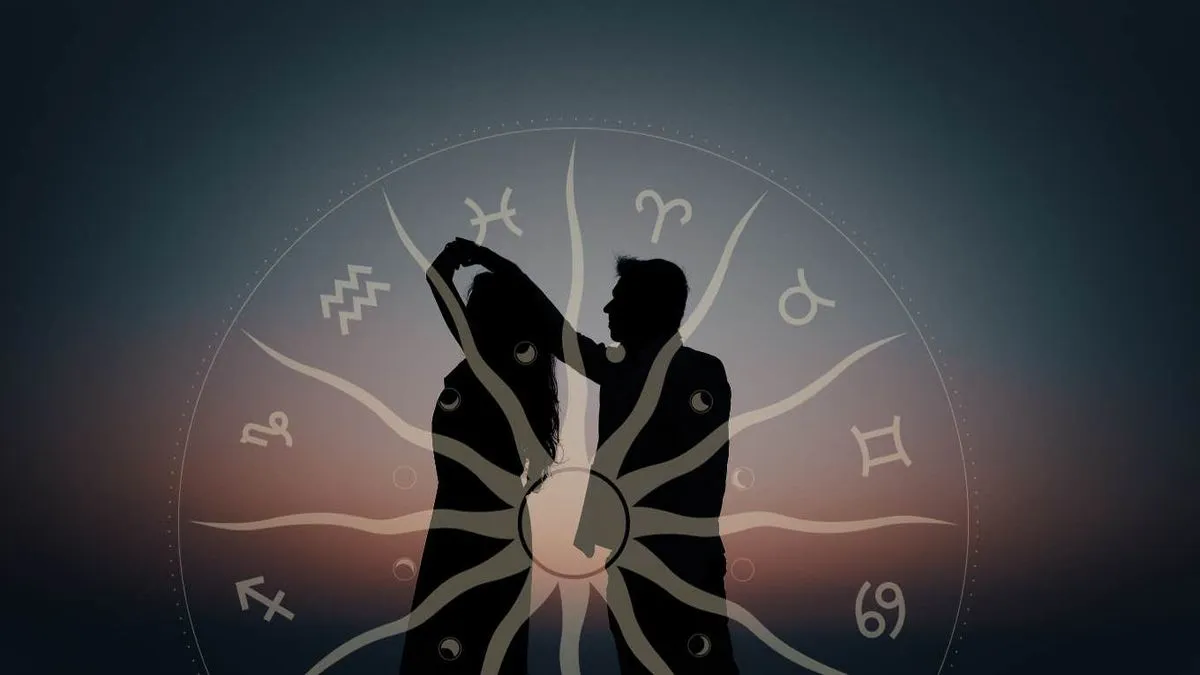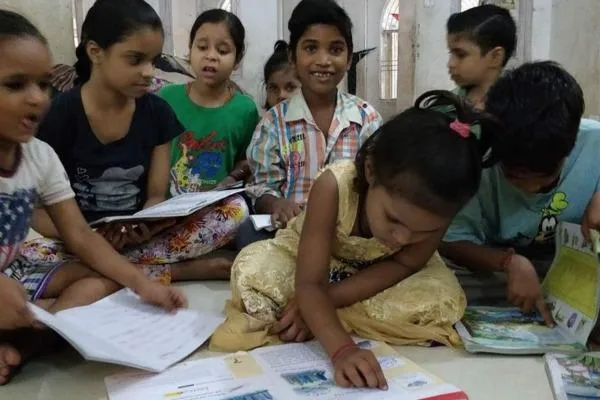
Tamil Marriage Compatibility: Traditional Guide
Check Marriage Compatibility Based on Traditional Tamil Astrology
A detailed guide to Tamil style kundali matching, gunam (gunas) compatibility, dosha considerations, and actionable advice for families and couples planning marriage.

Traditional Tamil astrology for marriage evaluates compatibility primarily through gunam matching (also called guna melam), assessment of doshas such as Manglik or Nadi, and detailed examination of horoscopes (kundalis). This long guide explains the system step by step, clarifies common terms, and offers practical interpretation so couples can make informed decisions.
Overview: What Is Gunam Matching
Gunam matching assigns points (out of 36) across eight categories—Varna, Vasya, Tara, Yoni, Graha Maitri, Gana, Bhakoot, and Nadi. A higher score indicates stronger compatibility. In Tamil practice a score of 18 or above is generally considered acceptable, with 24+ seen as good. We cover each factor below and explain how to interpret results in real life.
The Eight Gunas Explained
Varna (1 point): Social temperament and ego alignment. Not caste in modern use but temperament compatibility.
Vasya (2 points): Attraction and control dynamics; indicates ease of harmony.
Tara / Dina (3 points): Health and longevity compatibility based on birth stars.
Yoni (4 points): Psychological and sexual compatibility archetypes.
Graha Maitri (5 points): Mental and intellectual rapport between Sun and Moon positions.
Gana (6 points): Temperament classification (Deva, Manushya, Rakshasa) and daily style.
Bhakoot / Rasi (7 points): Emotional and financial harmony based on Moon sign relationships.
Nadi (8 points): Biological and health compatibility. Nadi mismatch is considered serious in classical texts.
Doshas and Their Impact
Certain doshas, like Manglik (Mangal Dosha), Nadi Dosha, or severe planetary afflictions, are considered obstacles. In Tamil practice, contextual remedies and family discussion are common—astrologers recommend specific pujas, neutralizing rituals, or matching with particular charts to balance effects. Always interpret dosha severity with an experienced astrologer and prioritize communication between partners.
Step by Step: How to Check Compatibility
- Collect accurate birth details: date, time, and place for both individuals.
- Generate natal charts (kundali) and note Moon signs and nakshatras.
- Perform full gunam matching and total the points out of 36.
- Check for doshas: Manglik, Nadi, and severe malefic aspects.
- Assess planetary strengths, 7th house, 2nd house, and Venus for marriage matters.
- Discuss practical matters: values, finances, family expectations (astrology supplements, not replaces, conversation).
Interpreting Scores and Actions
18–23 points: Acceptable compatibility. Focus on practical planning and mutual understanding. Minor doshas can often be managed.
24–30 points: Good compatibility. Strong foundation for emotional and practical partnership.
31–36 points: Excellent compatibility. Rare and indicates strong alignment across life areas.
If Nadi mismatch or severe Manglik dosha appears, consult a senior Tamil astrologer—many solutions exist, including chart remedies, auspicious muhurtham selection, and focused family counseling.
Practical Examples
Example 1: A couple scores 26 points with no major doshas. Advice: finalize engagement, plan joint financial goals, and select a muhurtham during a supportive Moon transit.
Example 2: A couple scores 16 points but has strong Venus and 7th house support for the groom. Advice: review family values and seek remedies for the low areas while focusing on shared goals and pre-marital counseling.
Common Questions About Tamil Compatibility
Is a low gunam score final No. Gunam is an indicator; life choices, shared values, and mutual effort influence outcomes heavily.
Can doshas be removed Many dosha effects can be mitigated with remedies, timing (muhurtam), and lifestyle or ritual measures recommended by an experienced astrologer.
Should families rely only on charts Charts inform decisions, but open communication, compatibility conversations, and practical assessments are essential.
Comment / Reply From
You May Also Like
Popular Posts
Newsletter
Subscribe to our mailing list to get the new updates!





